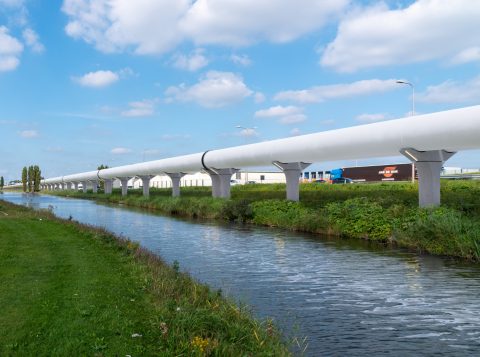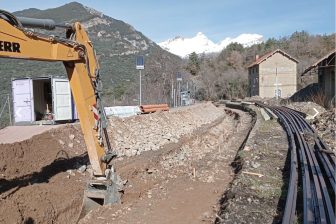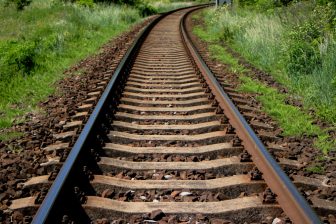
Dutch cargo hyperloop would result in net reduction of CO2 emissions
source: Hardt Hyperloop
A hyperloop network for freight between North and South Holland can lead to economic benefits and a significant CO2 reduction. That is one of the main conclusions from a study by Dutch company Hardt Hyperloop.
Want to read more?
You have read all of your free premium articles for this month. Please become a subscriber to keep reading.
Subscribe now!
Take advantage of our exclusive offer to get full access to all premium content.




Saving “0.6 million tonnes CO2 after 30 years of operations” multiplied by damage costs of e.g. 500 Euro/ton would lead to climate benefit of 300 mio. Euro. And much less, if a quicker conversion of the road alternative to non-fossil fuel was assumed.
Conclusion: The benefit is not really relevant compared to the estimated investment costs of 1.5 billion Euro.